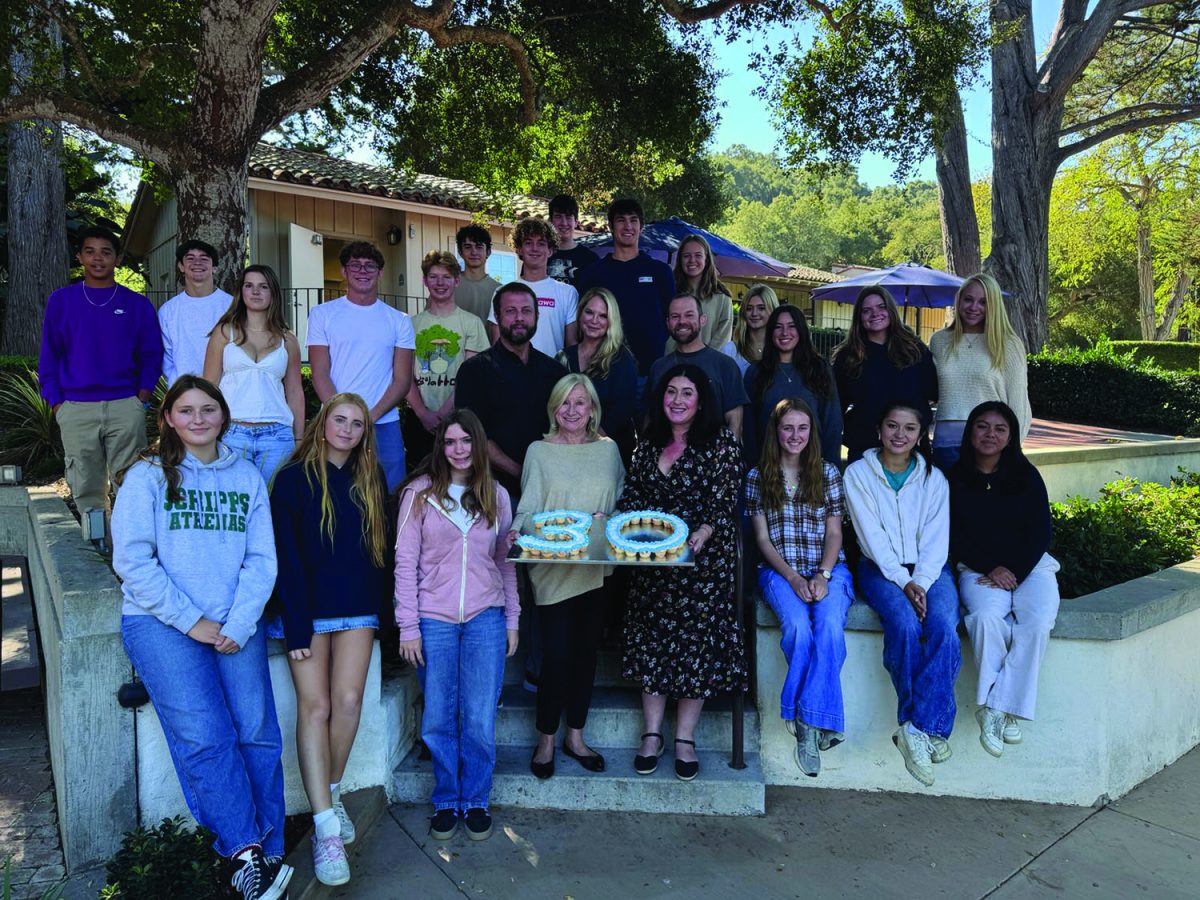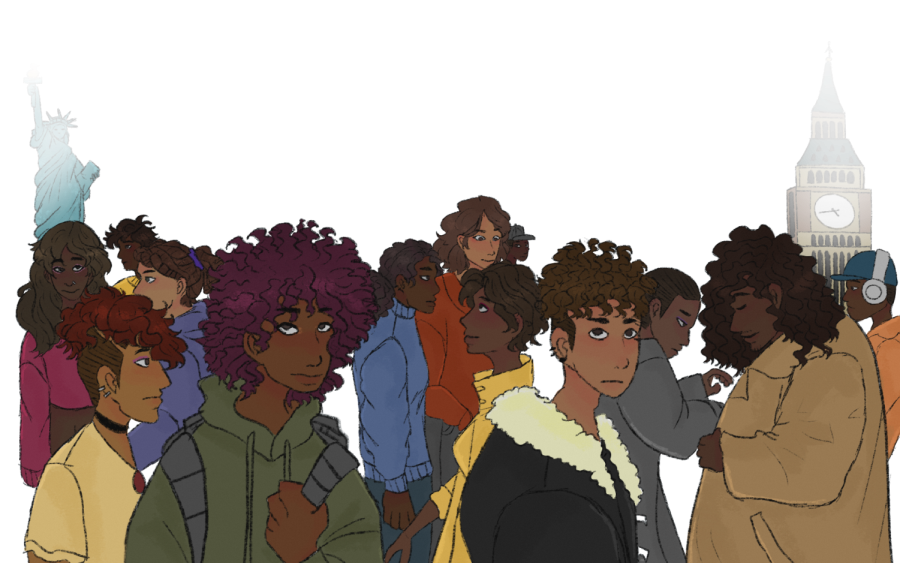Finally Federal
As new federal holidays emerge, questions arise about their national significance.
March 8, 2022
Holidays are supposed to be celebratory and reflective, not controversial. Companies and schools question what holidays to celebrate, and with more holidays being added to the Federal Reserve observation list, this inquiry appears more than ever.
Juneteenth and Indigenous Peoples’ Day are being given attention in ways they have not been before — because of recent federal recognition, or lack thereof. They have been celebrated in their respective communities for years, but are beginning to get attention on a national level.
These holidays commemorate certain people and significant dates that have altered United States history, for better or for worse. In recent years, the media and government have created a narrative about the importance of these events, and it is deemed crucial to understand these holidays and their ongoing significance to the American experience.
Today, there is a debate over the necessity of these recently anointed holidays, like Juneteenth. Amid protests against structural racism and police brutality, Juneteenth is celebrated in tradition as an act of resistance and recognition of race-based issues.
It is also known as a Freedom Day, and while it has been recognized in the African-American community for over 150 years, it is now getting mainstream attention.
The holiday finds its roots in Galveston, Texas, where enslaved blacks learned about their right to freedom on June 19, 1865. The celebration started in Texas but quickly spread to other states, symbolizing the magnitude in which emancipation was acknowledged.
Juneteenth highlights the good and the bad of America’s past—it’s symbolic of liberation and freedom, but also critically examines consistent oppression and inequity that is deeply rooted in white supremacy.
Authors, professors, historians, and politicians are actively searching for ways to balance the negativity Juneteenth bears and the tradition and hope it symbolizes.
“There was a time where people were forced to be separated. Juneteenth and family reunions grow out of trauma and form a notion of togetherness,” said Annette Gordon-Reed, author and Harvard Law School professor of History.
“My hope is that this is a holiday that can reemphasize that we all have families and we all have communities.”
In her latest book, “On Juneteenth” Gordon-Reed speaks about the hardships that her ancestors endured through enslavement and after emancipation, and connects
it to her studies as a historian and professor. She and many others emphasize the importance of celebration, as an act of resistance and the ability it has to connect generations and races.
Camaraderie and togetherness are needed to restore peace and act against violence and racism —and we are seeing this through protests, demonstrations, and civil rights movements.
Indigenous Peoples’ Day is another holiday emerging on the national landscape. Celebrated in October, this holiday falls on the same day as Columbus Day, a recognition of Christopher Columbus, who “discovered America.”
In recent decades, Columbus Day has been getting lots of criticism driven by the Native American community who are protesting it because of colonization of their land and people, and the consequences current Indigenous generations endure today.
In some states and cities across the nation, local governments and private companies have been replacing Columbus Day with Indigenous Peoples’ Day, to acknowledge the land the United States was built on and show respect for native populations.
The frustration of Native Americans comes from the fact that Columbus Day is still one of the 12 holidays the U.S. government observes, and Indigenous Peoples’ Day is not.
To celebrate Juneteenth and Indigenous Peoples’ Day is one thing, but knowing the context of the holiday is crucial as well.
Another aspect of this conversation has to do with education and the role it plays in teaching children about United States history. Some may resist embracing these holidays due to a lack of understanding and context of their historical significance.
At the beginning of a child’s education, the ideals of freedom and discovery are taught through the events of Fourth of July and Columbus Day. Little is taught about the history of Juneteenth, and this could be because it was not a federal holiday in years past.
In a country that prides itself on being the “land of the free,” it is important to look at what the United States government classifies as Independence Day. Juneteenth and Fourth of July are both Independence Days, indicating that they share common traits and should be used to reflect upon the American values of freedom, liberty, and justice for all.
With a lack of information, some non-African Americans are curious as to how they can celebrate Juneteenth, and “the answer is you celebrate just the way black people celebrate it. As an advance in human rights… It’s a family day,” Gordon-Reed said.
It will require a concerted effort to shine a light on these holidays through education and cultural moments for these holidays to take hold. The more the press covers these holidays, the more opportunity there will be to teach younger generations about the importance of acknowledging our complicated past. History can be distorted, twisted, and manipulated to share one side. It is incumbent to share the collective story, so the next generation understands the cultural relevance of these holidays and their importance in our country’s narrative.



































